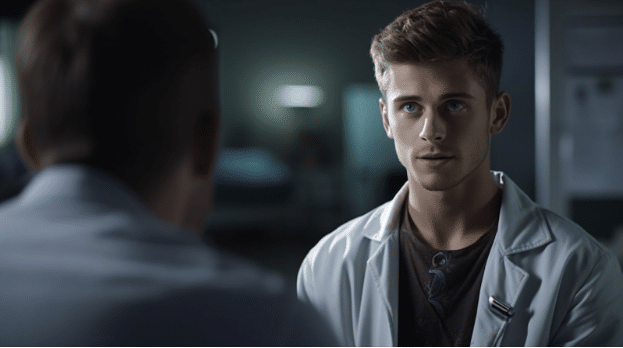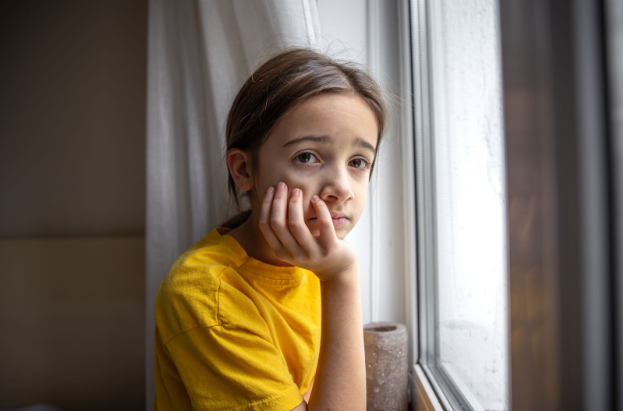
- ADHD, Psychiatrist in Lancaster
- 0 Comments
Mental health is an increasingly important conversation, especially when dealing with conditions like ADHD. Living in Lancaster means you can access specialists who understand your community, an experienced psychiatrist in Lancaster, Los Angeles County, CA, and resources such as Brain Health USA to support your wellness journey. Definition and Overview ADHD manifests in persistent patterns […]
Read More





